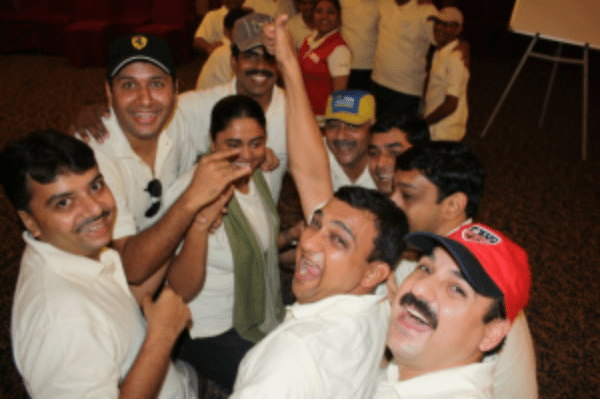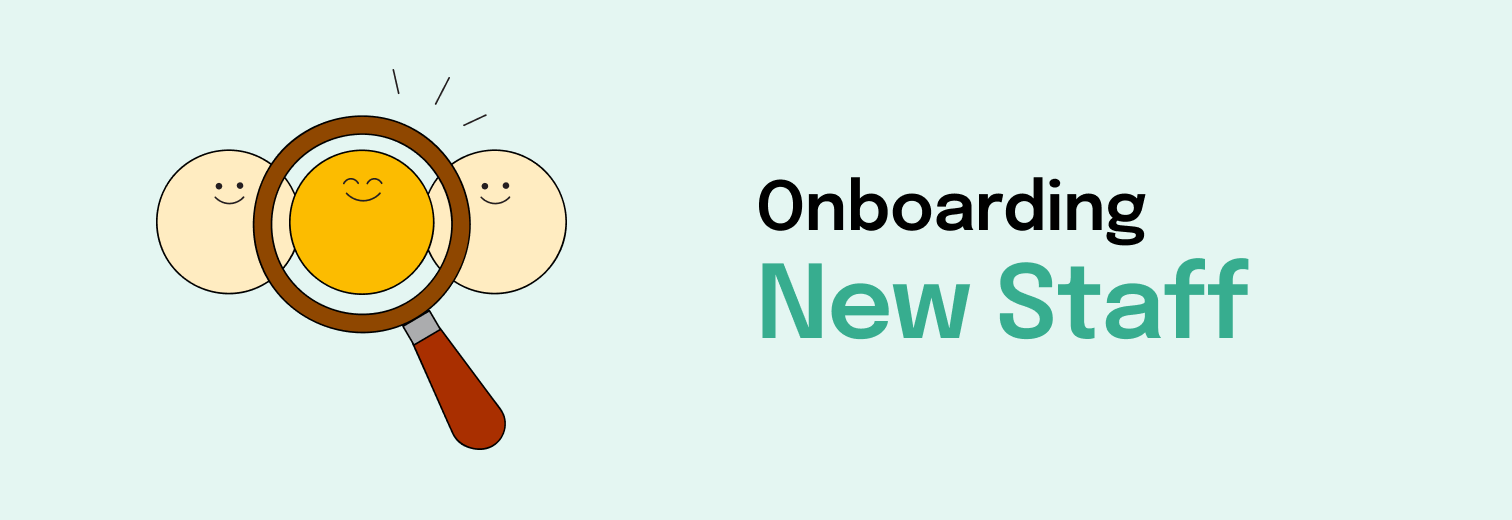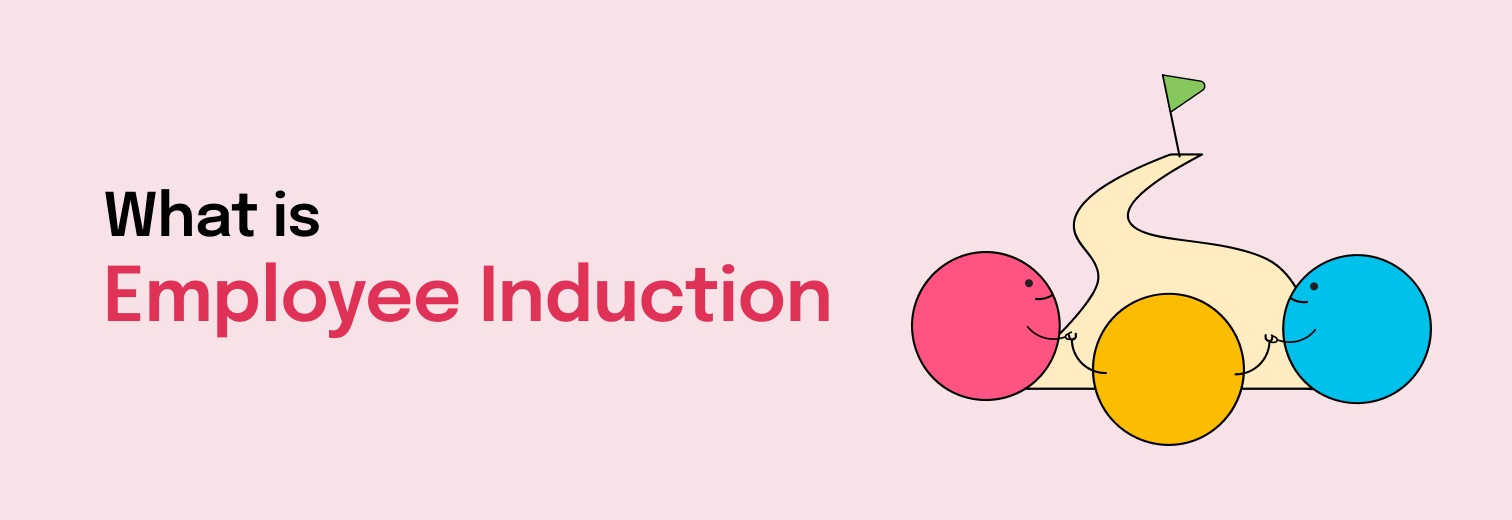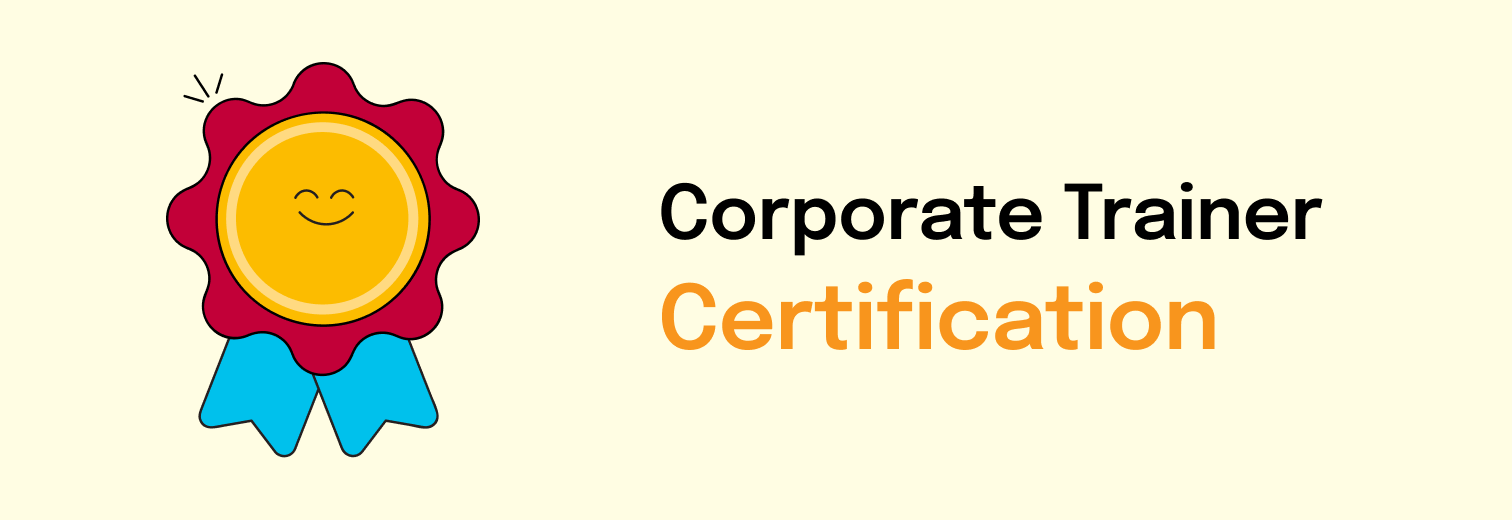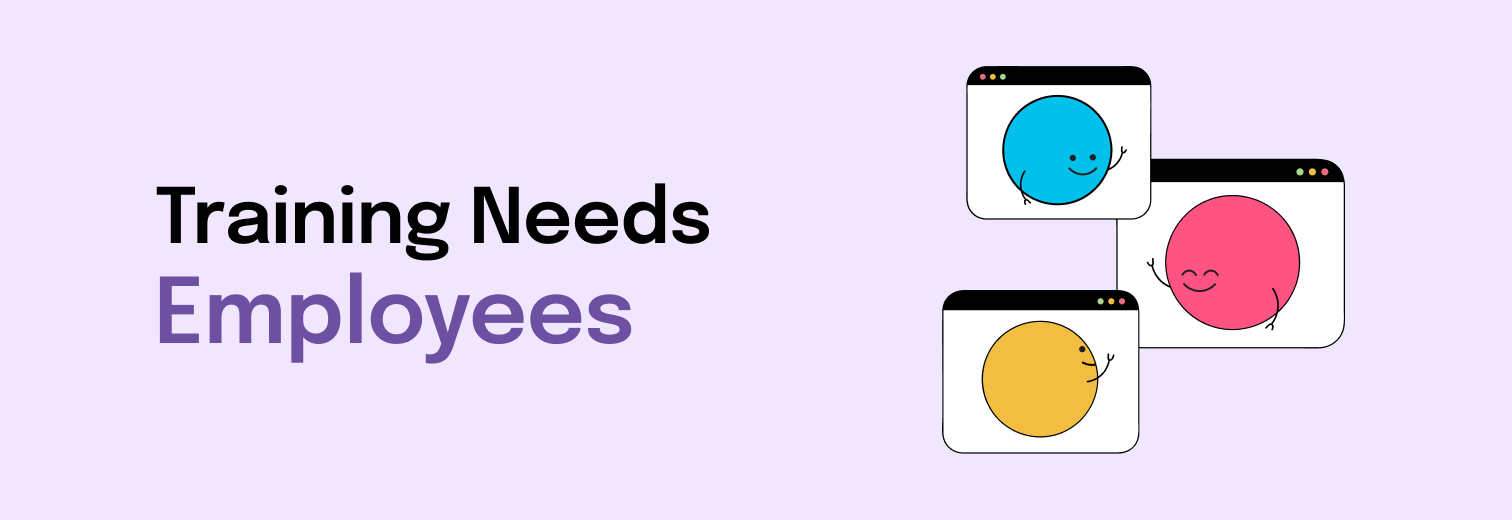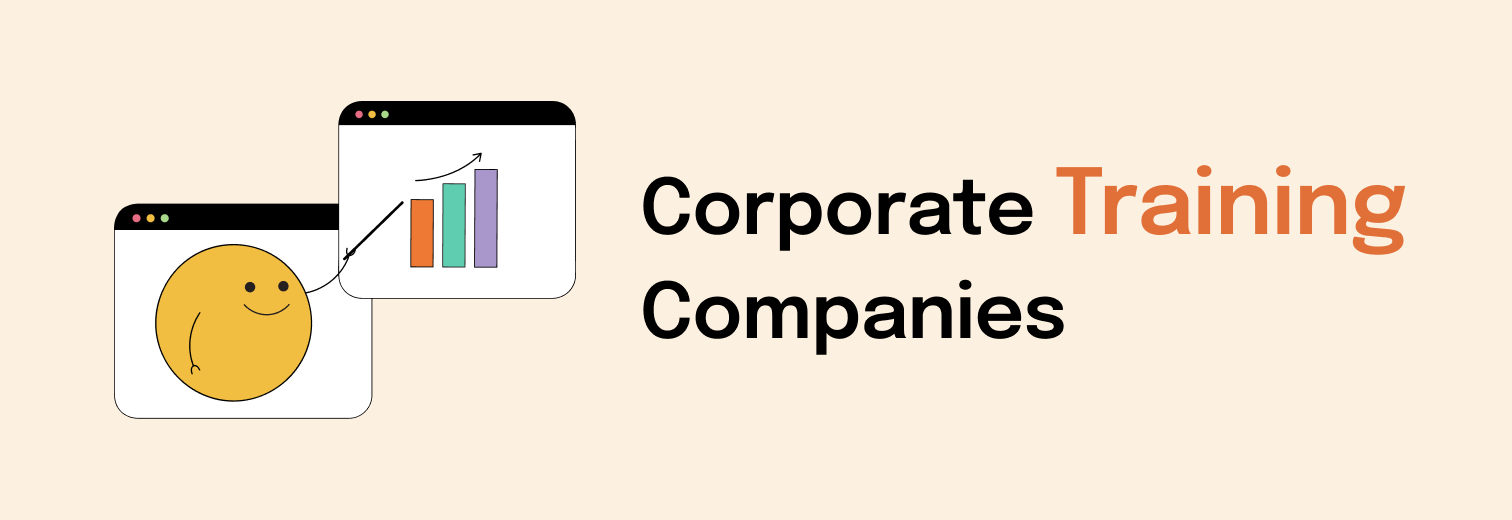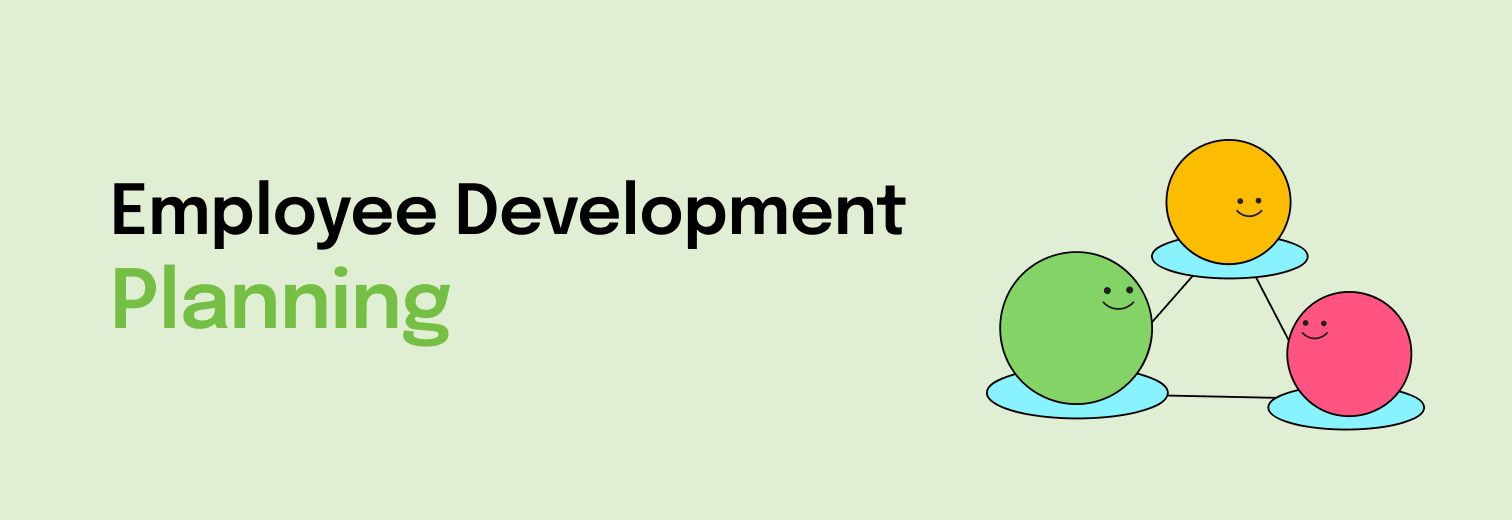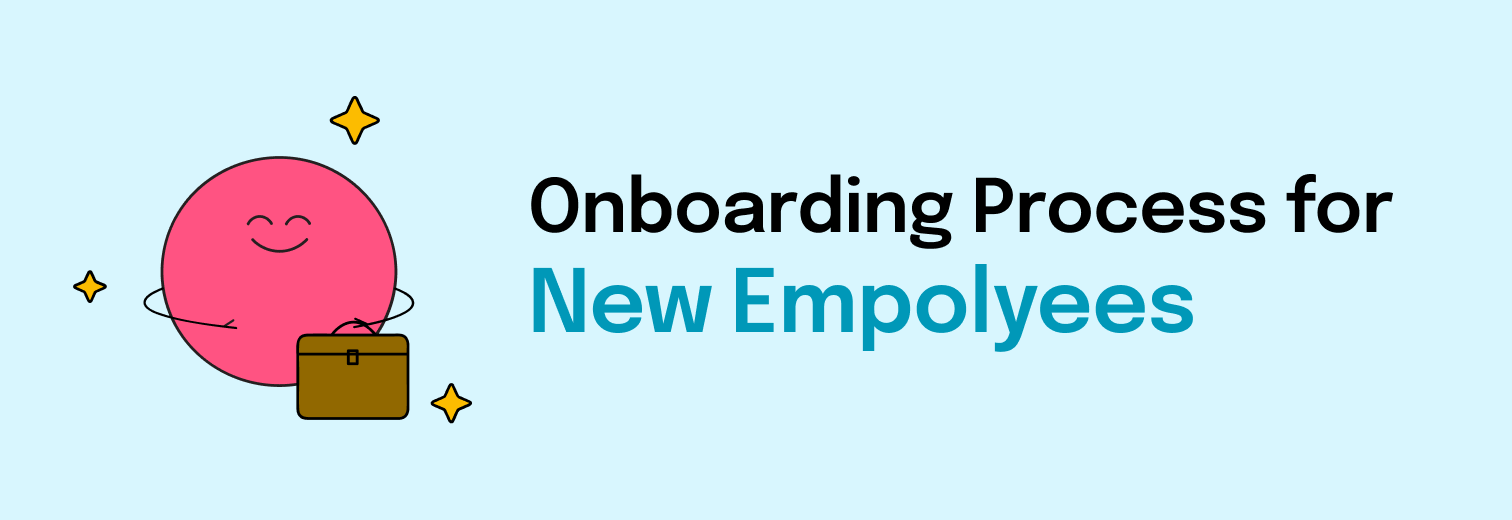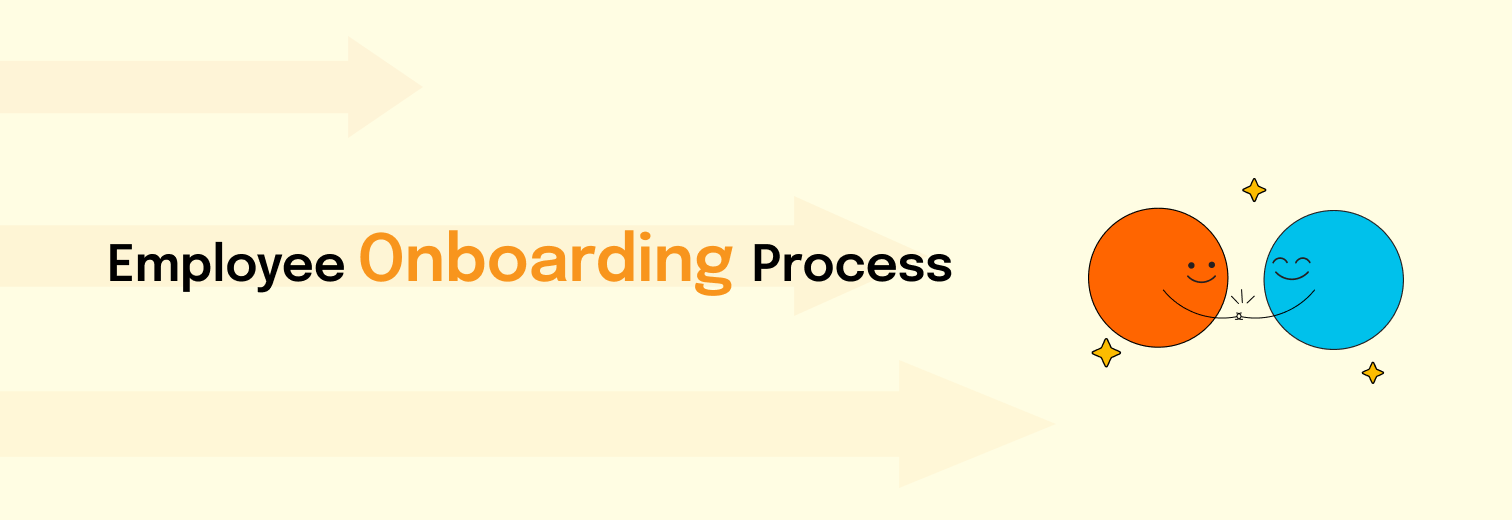As a Facilitator, I find satisfaction in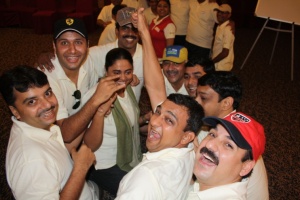 meeting clients, getting to know their objectives and translating them into Experiential Learning activities.
meeting clients, getting to know their objectives and translating them into Experiential Learning activities.
Facilitating an entire program is an invigorating, exciting experience for me, especially so when the team is able to meet their learning objectives and they shake our hands at the end of the day, saying: ‘Thank you so much – we had a great time!’
It was Alvin Toffler who said that the illiterate of the 21st century will not be those who cannot read and write, but those who cannot learn, unlearn and relearn. This enlightening statement holds a torch especially for all of us who are in this profession of team facilitation.
What can we learn as facilitators? We interact with different clients, create and manage learning outcomes. However, one thing that we always need to remember is that an experiential learning workshop is always the richer, the more we are able to draw in the unique experiences of every single participant, which includes us too. As Facilitators every workshop can be a learning experience for us, but only if we choose to interact with a learning attitude.
Most of the time, facilitating is a physically tiring, sometimes mentally exhausting experience but at the end of the workshop, satisfaction in a job well done motivates and encourages me to do better. Through getting constructive and very often, excellent feedback, i have garnered what I think are the factors which are important for the Facilitator’s toolkit:
1. Facilitate with confidence
Confidence begets confidence. Confidence in oneself is the starting point of any experiential learning workshop. It sends a clear message to the participants about your professionalism. For younger facilitators, it helps to keep in mind that everyone – including your team and also the participants want you to have a successful workshop. If you look at it from that perspective, you can naturally feel more confident when in front of any new group of participants.
In addition, displaying confidence often acts as a re-assurance to participants while we put them through activities that they may be doing for the first time ever in their lives. So, more than a smiling face, confidence radiates not only warmth but also issues a sense of credibility and authority in our profession, which leads to trust in what we do.
2. Relate with Sincerity
As Facilitators, we need to appreciate that when a client interacts with us and briefs us about his reason for conducting a team building program, we are perhaps the only people outside his organization with whom he is confiding the issues. This is a very precious trust. Their time spent with us means they are entrusting their well-being and the whole set of objectives, which they hold dear to their hearts, to us.
Relating to our participants must mean more than just having professional knowledge of the things they do. First and foremost, sincerity should be the very cornerstone for our interaction with the participants. Many of us have heard of this statement ‘People don’t care how much you know until they know how much you care’. Just as our professionalism encourages our participants to trust us, our sincerity causes the participants to open up and have fun. The other spill-off when you show true sincerity is that when things don’t go exactly the way you want them to – as it sometimes happens – you will find participants to be that much more understanding of the situation.
3. Facilitate with a listening ear
More important than what we speak is how good we listen. We are the host, caretaker, first-aider, weatherman, clown, magician, servant and helper – each role we play demands a different set of job description. If we are able to listen, we will be able to fulfill these multiple roles with excellence. Listening will also enable us to ensure that our process debrief is to the point and relevant for their organization. I strongly believe that a facilitator who listens will correspondingly increase his or her situational awareness.
4. Plan with seriousness
When I was a student, I was drummed with this message: ‘If you fail to plan, you plan to fail’. The same goes into planning for a workshop. A facilitator who attaches the adjective ‘professional’ in front of his or her title must surely do some research into the organisation’s mission and goals, the core values which explain their market existence and other information which enable us to do a good facilitation. Just coming in at 0800 hours for a ‘templated’ workshop starting at 0900 hours may do fine but putting in that little extra work will enable us to facilitate with a higher situational awareness, intelligence plus a higher EQ as well because we will avoid the risk of treading onto ‘thin ice’ – in our interactions and our debrief of different activities.
5. Manage expectations well
The management of expectations is an acquired skill. Expectations not set or set in an unthinking way will meet with obstacles along the way. After the participants have set the expectations, what next? Do we just leave it to chance for the text on the flipchart to materialize and concretise or do we proactively seek to refer to it along the facilitation process and to provide means and platforms to fulfill them? The answer should be obvious.
In addition, out-of-the-template requests, if managed well, will result in happy and returning clients. The reverse is also true – promises made but not delivered will create dissonance among our participants and a feeling of incompleteness, in the whole experience.
6. Deliver Fun
Why do children have some much fun and ‘a-dull-ts’ have so much fewer LOL moments? We take ourselves too seriously. Seriously, that’s how I sometimes feel about myself too. If we include fun in the entire process of facilitation, it lowers the emotional barriers and will naturally result in side splitting, floor-rolling moments of spontaneity. Laughter is always one of the objectives of the organizers and the participants themselves – whether it is stated or unstated. ‘FUN’, we have realized, will always appear during the setting of Expectations. Is that really a surprise?
7. Practice Safety
Is this an overstated objective or understated opinion? So often, unfortunately – we hear or read about stories of groups of friends out to have fun – ending up in mishaps. Especially in India, I have often heard of such incidents happening, even when these are conducted events. In retrospect, it is almost always due to carelessness, that such tragic mishaps took place.
It will serve us well if we learn from foresight instead of hindsight, because hindsight means sad sights. Safety should always be the foundation of a fun workshop. Any activity comes with a certain amount of risk–it is always and unquestionably our responsibility as Facilitators to look out for it and pre-empt it.
8. Walk the ground
I learnt a very memorable lesson in the not so distant past when I as the lead facilitator forgot to check the ground. My heart almost dropped out of my mouth when I discovered that the entire Low Elements were shifted to a location which was deemed to be very unsuitable for any workshop to take place. Shocked? Just ask yourself how many times has the Low Elements moved away from a site? Thankfully, in my situation, the clients were understanding and a change of activities were quickly put in place and accepted. I learnt that if we don’t walk the ground, we have to accept the consequences of our assumptions and plan for the unplanned. Cross-reference to point 2.
9. Focus on the Objectives
If all of us Facilitators conducting a workshop are focused on the clients’ outcomes and objectives, what is being planned and what is not planned for (‘screw-ups’) both will be managed with a great deal of understanding. Being objective-based will enable us all to focus on the issue(s) on the ground and not on the person(s). The most memorable workshops are always those in which the complete team from our side has worked, with one heart and one mind, and tried our best to meet the clients’ objectives by working shoulder to shoulder, even though our energies were almost sapped.
10. Work as a Team
Its true that more than what we say, its what we do that clients really notice and appreciate. While we are conducting a team building program, can we be anything lesser than a perfect team? Ours is a society that places far too much importance for personal achievement and glory. Especially in an organizational context though, nothing of significance can ever be achieved by any one person alone. This again is another unstated objective that we should emphasise in each of our workshops – that Together Everyone Achieves More and Synergy almost always guarantees success.
This is true for us too – as team-building specialists. Hence, even if you are the lead facilitator, always remember not to shoulder everything – different people doing different sections where they are really good, always makes a workshop that much better.
11. Take an interest in reading
Reading? Where do you find the time, you may ask? An excellent facilitator first has to know some current affairs so the newspaper ought to be part of one’s staple diet. Why? We are teambuilding professionals providing insights to organizations on organizational processes. We are in that sense, like professional consultants. Where do these insights come from? Analysis, observations from journalists and updates enable us to speak with depth and understanding. Reading also helps us to build up a repertoire of narratives. Narratives are powerful tools which are capable of breaking paradigms and in being catalysts for change and transformation. A narrative, well-told and at the appropriate moment, provides a great opportunity to shift an organization’s gear.
We have never underestimated the power of the narrative about the three construction workers, have we? This is perhaps why we use it so frequently. How do we improve our communication? What are the Seven Habits? What kind of family background did Akio Morita come from? Well, there’s an answer to every single curious reader, found in the form of a book or a computer with an internet connection. Further than that, reading as an enjoyment helps us to grow as a person. When we keep pondering about how we as facilitators can add value to our customers, it is important to remember that to impart something, you need to have it yourself first. Remember the motto always: Be. Know. Do.
12. Take care of yourself
In an emergency on the airplane or ferry, we have to put on lifesaving equipment before even attempting to save others. In the same vein, we should take proper rest after workshops and apply sunblock before going out into the sun, before we exhort our participants to do so. Prepare for the workshop, rest well, and the workshop will most likely turn out with better results as our physical constitution is able to cope well and respond to any unique situation which arises.
Taking care of ourselves also means developing a hobby or a passion. Start and pursue a hobby. It gives meaning to our growth as a person. How many dimensions do you have as a person – the more multi-dimensional you are, the more perspectives that you can get into your workshops. It would not be too far-fetched to say that people who have hobbies and interests and pursue them, are often able to bring a big dose of that passion into their work areas too.
13. Don’t forget your family or your loved ones
It would be an irony if we are teambuilding specialists and yet we cannot build our own team with people whom we call the ‘inner-circle’ – the ones who have a special place in our hearts. Take care of this aspect of our lives and it will provide more meaning to the things which you do at work.
14. A Spiritual Focus
Sometimes, despite the best of preparation and intentions – unexpected things do happen. Sometimes, as Facilitators we do find ourselves coming up short to the situation or our own expectations. So, what then? Do we feel bad about it? How long do we carry the consequences – one, two days or weeks after the workshop? Well, I think it’s not necessary. There must be a time and place when after all that has been planned for, said and done, we must step back and let go. Believing that everything happens for a reason helps in reminding us only to take the learning from an experience and move on. Else, we run the danger of becoming like the cat that drank the hot milk once. It never drank hot milk again – but it never drank cold milk either. Having a spiritual anchor in one’s life enables one to see life as a part of a whole rather than a moment, and it provides balance to one’s existence.
I do hope the pointers will be useful for you as a facilitator. A facilitator never stops learning as facilitation is a skill which is honed over time and experience. All the best on this engrossing journey !
Adapted from an article written by Leonard Kok, Facilitator at FocusU
